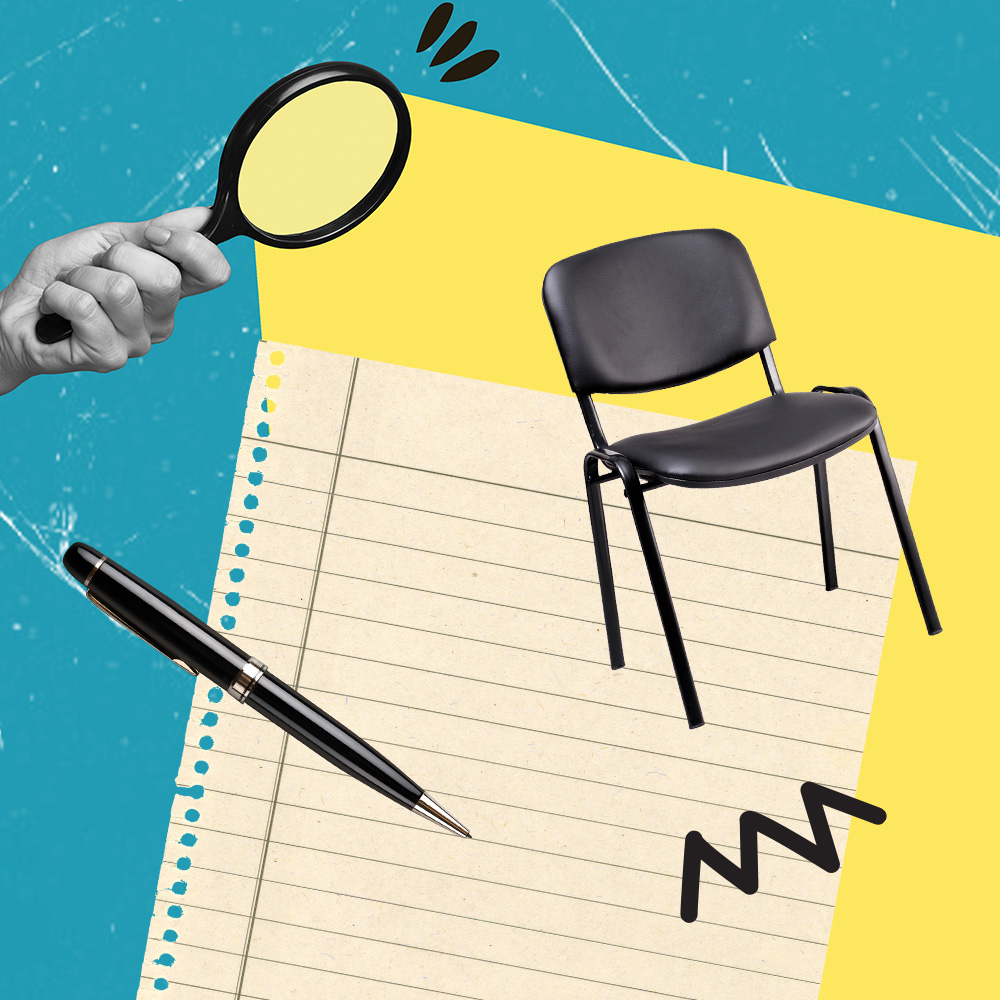5 Personal Finance Basics You Should Know
Important personal finance basics you should know to start yourself off with a solid money foundation.
How to manage money is one of those important life lessons that most of us don’t learn in school. Unfortunately, that means that many of us don’t really know what to do with our first paychecks or how to create healthy money habits.
Luckily, understanding money doesn’t have to mean that you have to spend hours reading through personal finance books. It comes down to understanding a few important basics and then learning more as you go.
Here are five important personal finance basics you should know to start yourself off with a solid money foundation.
1. Spend Less Than You Earn
This is the golden rule of personal finance. Saving money each month allows you to build wealth — and the only way to do this is to have more money coming into your bank account than going out.
When you hear that people are living beyond their means, what that really means is they are spending more than they earn. In this situation you’re not setting aside any money for future goals or for emergencies: your current lifestyle is too expensive to allow you to do that.
2. Understand Your Budget
People often think of a budget as something that is going to restrict their spending. That’s not exactly true. A budget is just a plan for how you’re going to spend your money.
To ensure that you can spend less than you earn, you’ll create a budget to help you do just that. A budget doesn’t need to be overly complicated, it just needs to be realistic.
Take some time to track your spending or look back on your spending by going through past bank accounts. Write down how much you earn each month and subtract what you usually spend on things like rent, food, your cell phone, etc.
Once you have this written out, you can start making adjustments to create a budget that works for you. Are you spending less than you earn? That is, is there money left over for you to save? Are you spending more than you’d like to in one area? Take some time to think about how you want to spend your money and create a plan for your spending.
This might take a few months of reviewing and adjusting, but in the end you’ll create a budget that feels right.
3. Save for Rainy Days
Things in life don’t always go according to plan. Your car might need an emergency repair. Or you could lose your job and be unemployed for a period of time. Unplanned expenses will come up, and the best way to handle them is to have a savings account with money you can access quickly. This is called an emergency fund.
Experts recommend a goal of having 3-6 months of expenses stashed away in a savings account to be used during emergencies like these. If you’re just starting to budget and save, saving 3-6 months worth of expenses can feel like an overwhelming task. If that’s the case, you might consider starting with a goal to save $1,000 in an emergency account. Using your budget to save what you can each month is the best way to start saving for these emergencies.
4. Avoid High-Interest Debt
A lot of people get into financial trouble when they spend more than they earn or they don’t have a savings account for emergencies. In situations like these, they might find themselves reaching for a credit card or another form of high-interest debt to help make ends meet.
High-interest debt means that you are being charged a high-interest rate to borrow money. Credit cards are a common form of high-interest debt. The average credit card interest rate is currently around 17%. If you have a $1,000 balance on a credit card and an interest rate of 17%, you’ll pay the credit card company around $14 per month in addition to the $1,000 that you need to repay. That might not sound like a lot initially, carrying a balance that you own from month to month can become expensive, quickly.
5. Set Goals That Are Exciting to You
Being smart with your money isn’t limited to just spending and saving. Being smart with money also includes setting goals that excite you. You’ll absolutely want to set a goal to save for retirement, but what else do you want to do between now and then?
Maybe you have the goal to travel the world. Perhaps you want to spend a year volunteering. Or maybe your goal is to buy a home that you could see raising a family in.
Whatever it is, don’t be afraid to set goals that make you want to save and be smart with your money.
Further Study
This is a great podcast interview about setting financial goals and creating good habits.

Erica Gellerman is a CPA, MBA, personal finance writer, and founder of The Worth Project. Her work has been featured on Forbes, Money, Business Insider, The Everygirl, The Everymom, and Lifehacker. She currently lives in Hawaii with her husband, son, and sweet dog.



